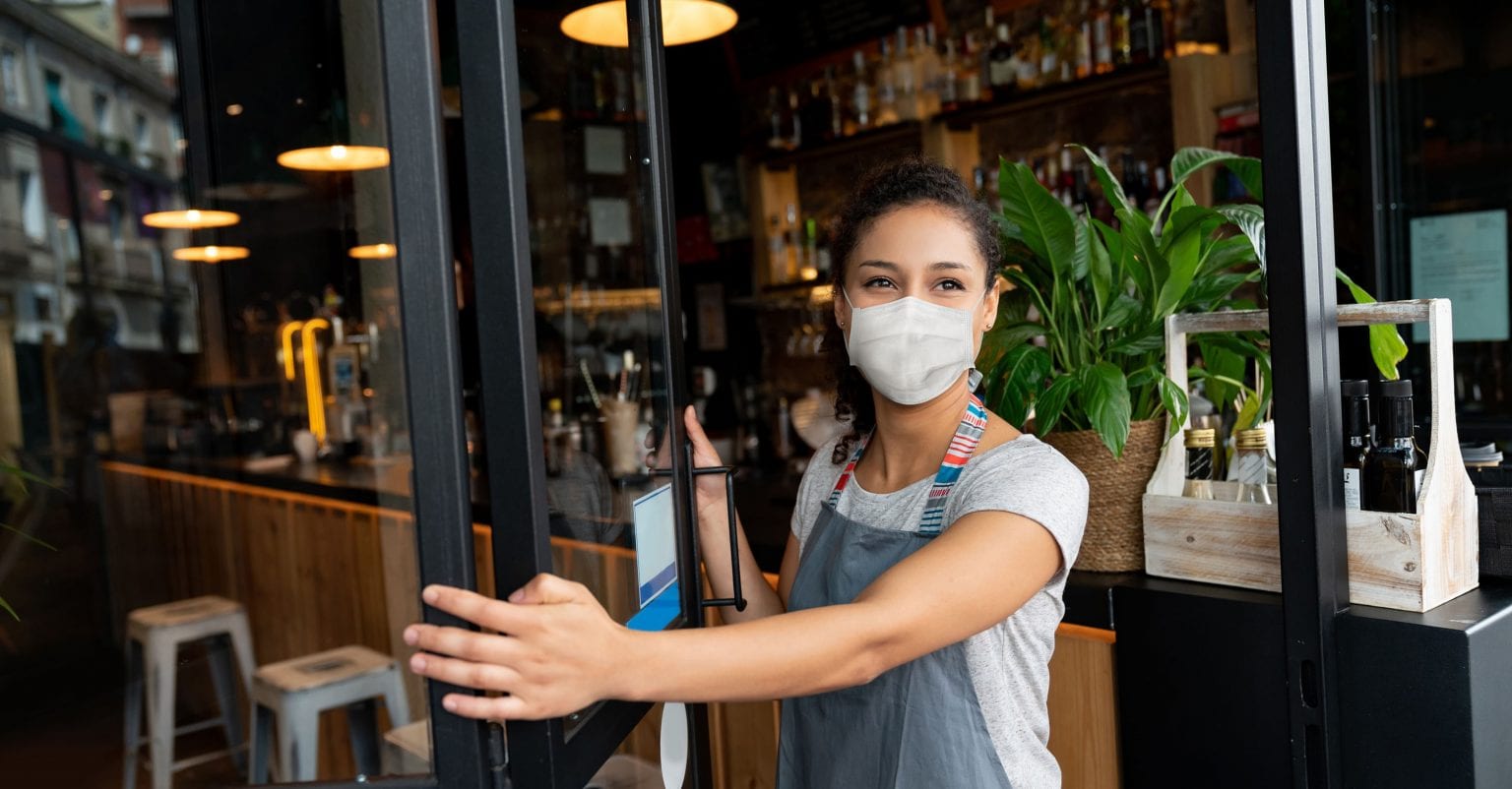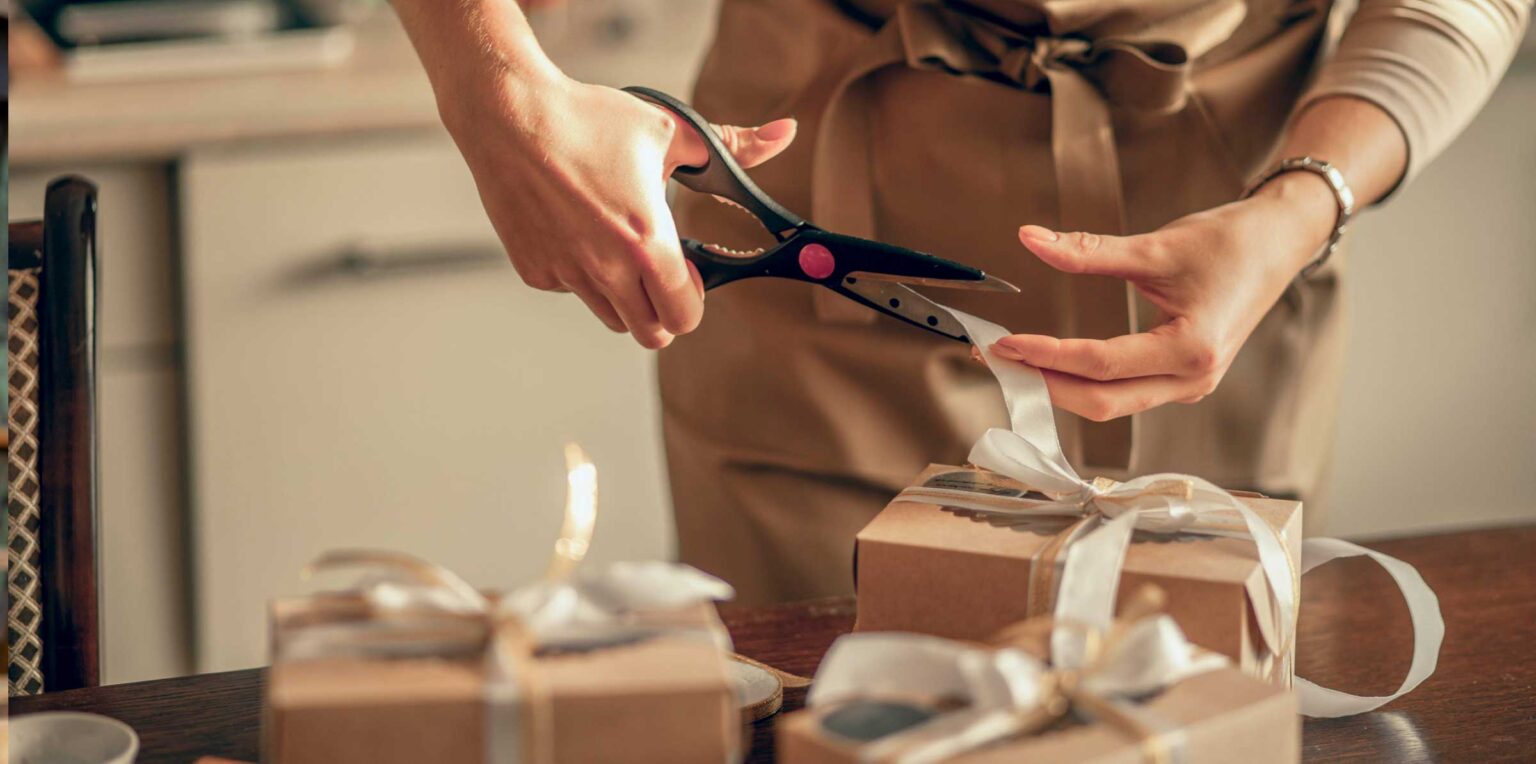What does the future look like for Australia’s hospitality industry? Industry leaders are moving fast to adapt to new attitudes amid the COVID-19 pandemic.
With the end of lockdown gradually emerging, but a vaccine possibly years away, many hospitality business owners have turned their attention from survival to the next stage.
With a focus on hygiene likely to remain paramount in the medium-term, here’s a look at some measures being rolled out across the industry to drive revenue while keeping customers and staff safe.
Shifting reliance on home delivery
Delivery giants Deliveroo, Menulog and UberEATS have tried to encourage more restaurants to embrace deliveries, including cuts to their commissions and additional consumer incentives to drive more sales through their respective platforms.
But plenty of delivery alternatives have sprung up since COVID-19 lockdowns were announced, offering restaurants, cafes and eateries more choice in how to serve customers at home.
Some are pivots by other businesses, such as 13 Cabs’ launching a parcel and food delivery service. Others are local partnerships established on community Facebook groups, which share the cost of deliveries without handing commissions to third parties.
Other restaurants have begun making deliveries themselves or offering expanded takeaway offerings.
“Some may keep doing deliveries longer term but some may not, like high-end restaurants,” explains retail and ecommerce expert Lisa Powell of consulting firm Amblique.
“Transporting meals is a very different offering from fine dining, so they may think it’s a distraction from their core focus.”
Making safety more visible
Many hospitality businesses are retraining staff, not only to meet COVID-19 operating restrictions but also as a means of giving greater visibility of health and safety procedures to customers.
Industry bodies such as Restaurant & Catering Australia (R&CA) have begun offering dedicated COVID-19 training for hospitality venues, covering things such as an induction into health regulations and how to enforce social distancing requirements.
Sydney hoteliers Tilley & Wills Group, operators of the iconic Greenwood Hotel and Oxford Art Factory among others, have even introduced a dedicated “Sanitiser Sheriff and COVID Safety Officer” on all shifts.
Other high-visibility measures that have now become commonplace include the installation of sanitiser stations at entrances throughout venues, contactless payments, digital menus, social distancing signage and repositioning cutlery stations and condiments out of public areas.
Contact tracing
Some states now require hospitality venues to record guest details for the purposes of contact tracing. Yet this presents a new set of challenges for businesses, including logistics, consumer privacy and data storage.
Software systems like Kounta are now rolling out digital check-in options to help establishments manage this process.
“We’ve launched a Safe Check-In add-on which is free for all customers to enable and use,” it says.
“Download your unique QR code… customers simply scan the QR code with their smartphone camera to access the form”.
Pre-payment and/or booking fees
Once venues got the green light to reopen – albeit with customer limits – many restaurants found they were facing a new problem – no-shows.
R&CA’s CEO Wes Lambert advised members that, while dining numbers are capped, to consider taking credit card deposits for bookings.
“It ensures that tables turn up, as well as ensuring that if someone does cancel at the last minute, the restaurant isn’t left out of pocket.”
It’s unclear whether consumers will warm to this particular measure. However, it would put hospitality in line with other industries – including hotels, travel and tourism – in securing pre-payment.
Alternative revenue streams
According to Powell, there have been some “really interesting” examples of businesses pivoting their operations since COVID-19 hit – including within the hospitality sector – which could be here to stay.
Such moves have allowed them to diversify their opportunities to generate revenue and maximise the use of their floorspace while social distancing restrictions remain in place.
“A Thai restaurant I know became a Thai supermarket and made a hole in their front window to offer takeaway,” she says.
“I walked past it the other day, and they had set the tables up in the middle of a supermarket, letting people come in and eat once restrictions were eased. It was a really interesting thing to do!”
Others, like WA’s Skipworth Wines, are turning to food to complement wine tastings, both to meet current trading restrictions but also to encourage more visitors.
“I’ve got a mate who’s a chef, so we’ve knocked up a little menu and we’re doing tastings with food,” says owner Kim Skipworth.
“There’s a lot of people out there saying ‘good on you for keeping on, we’ll support you’. The world’s not coming to an end; you’ve just got to adjust.”








